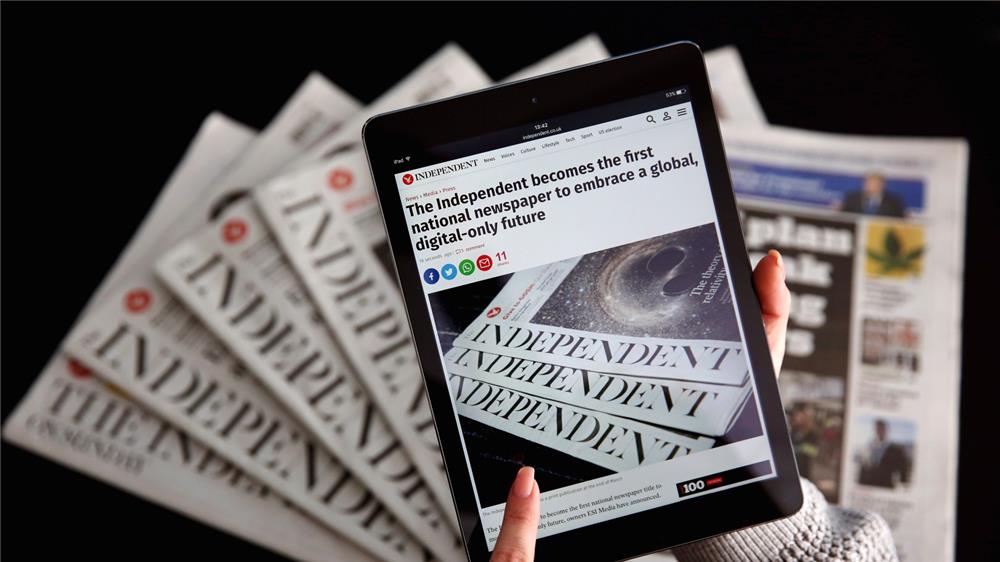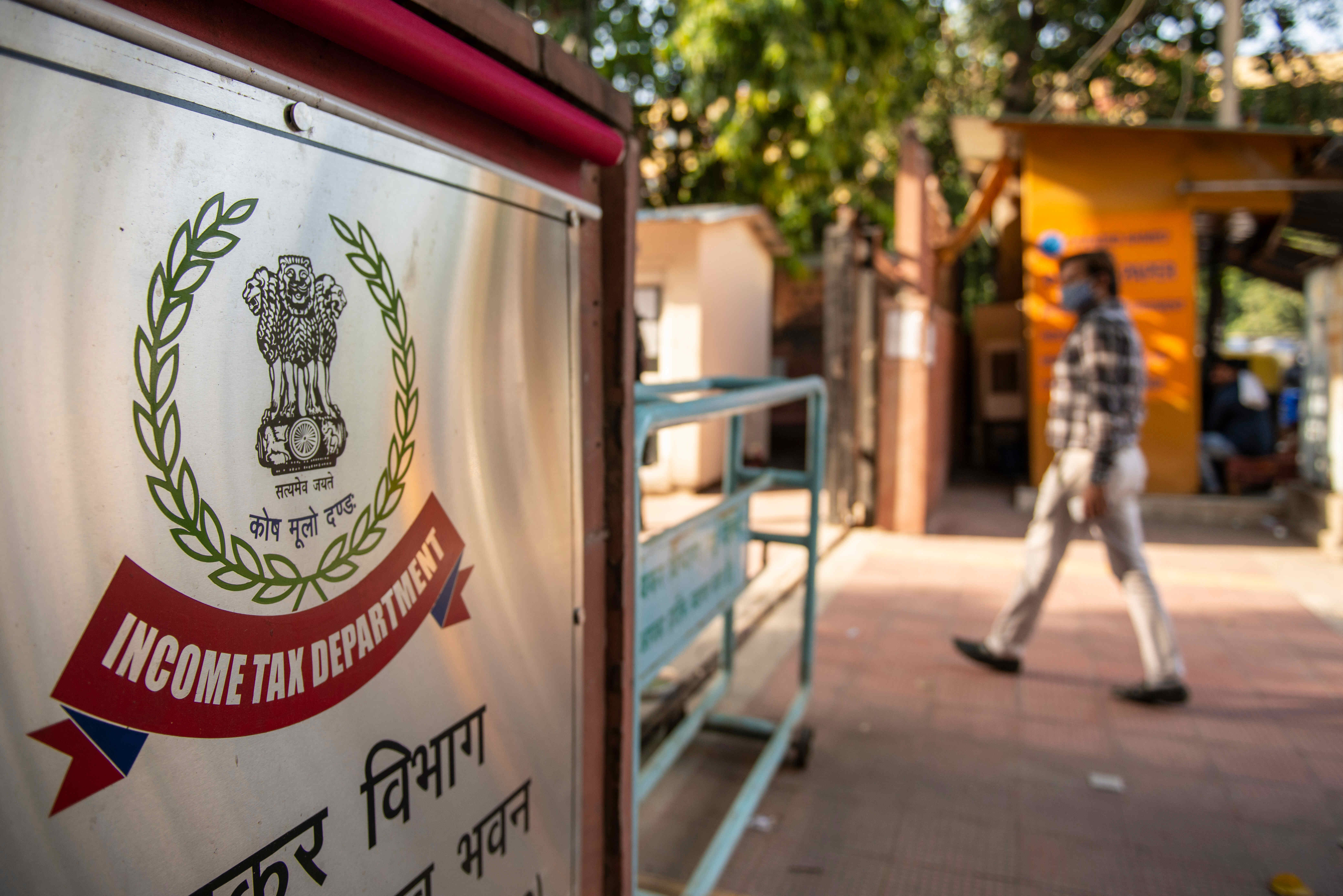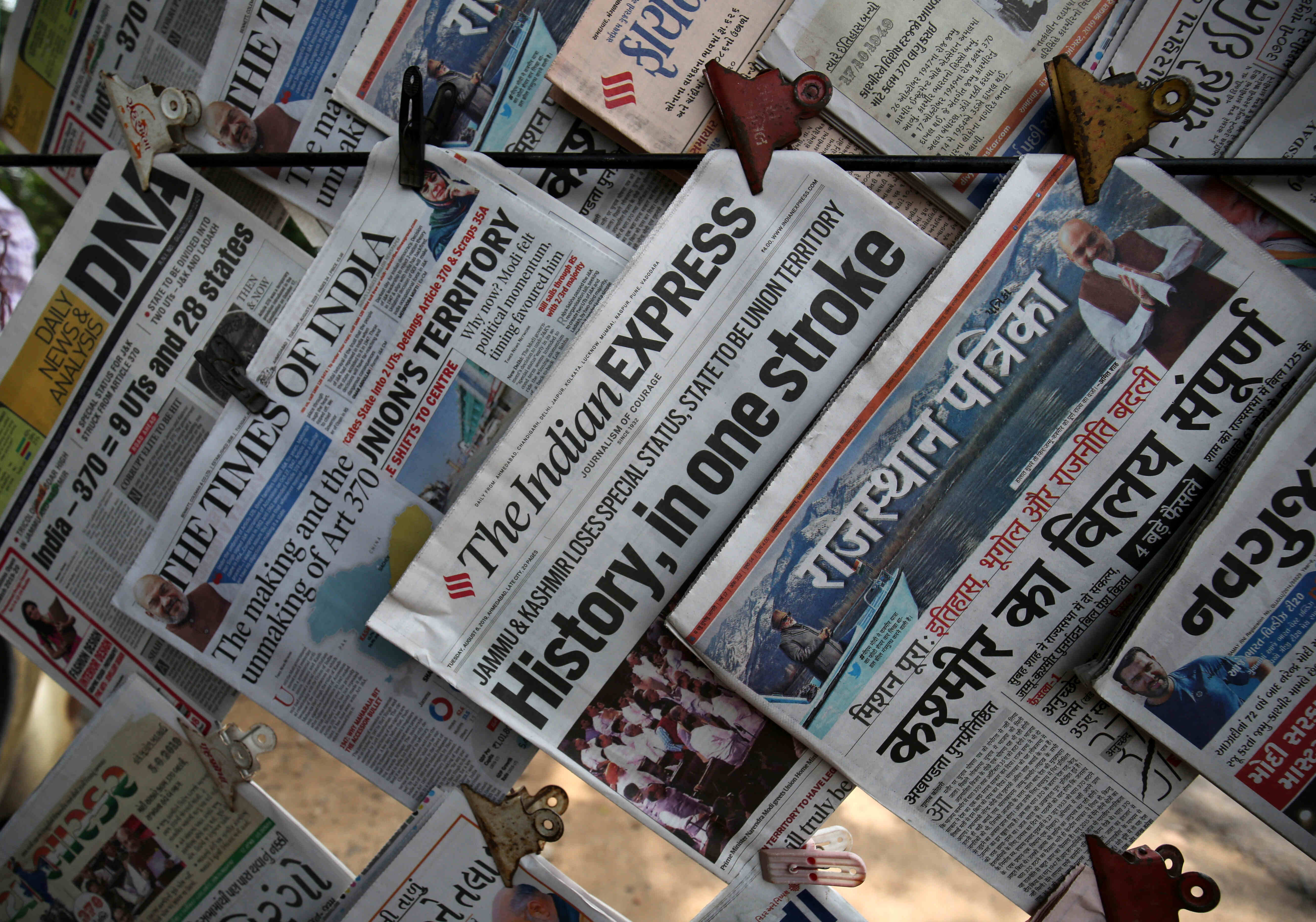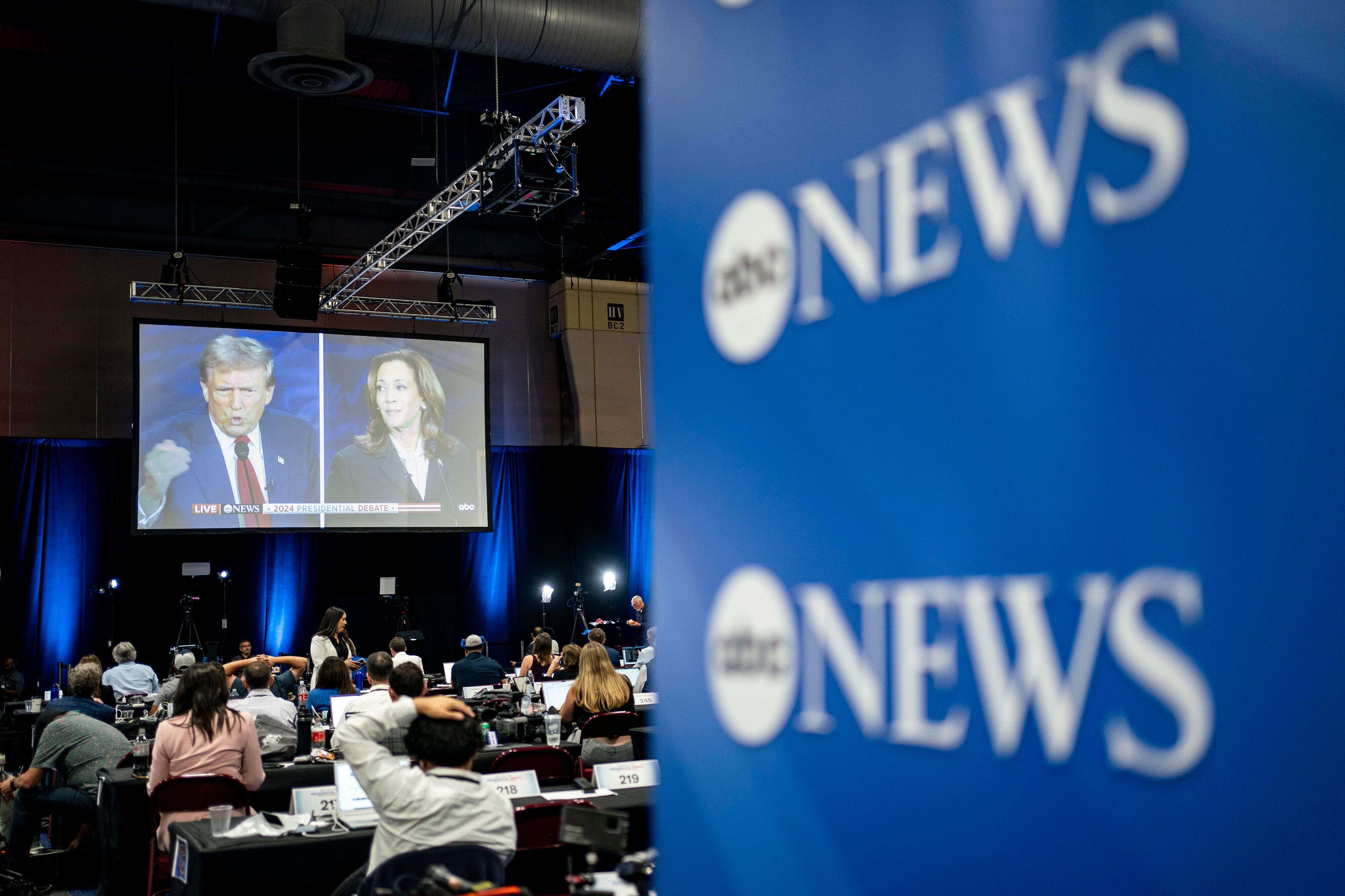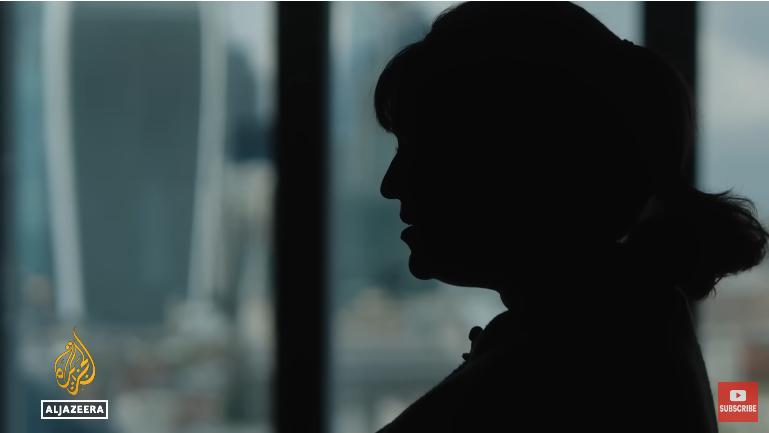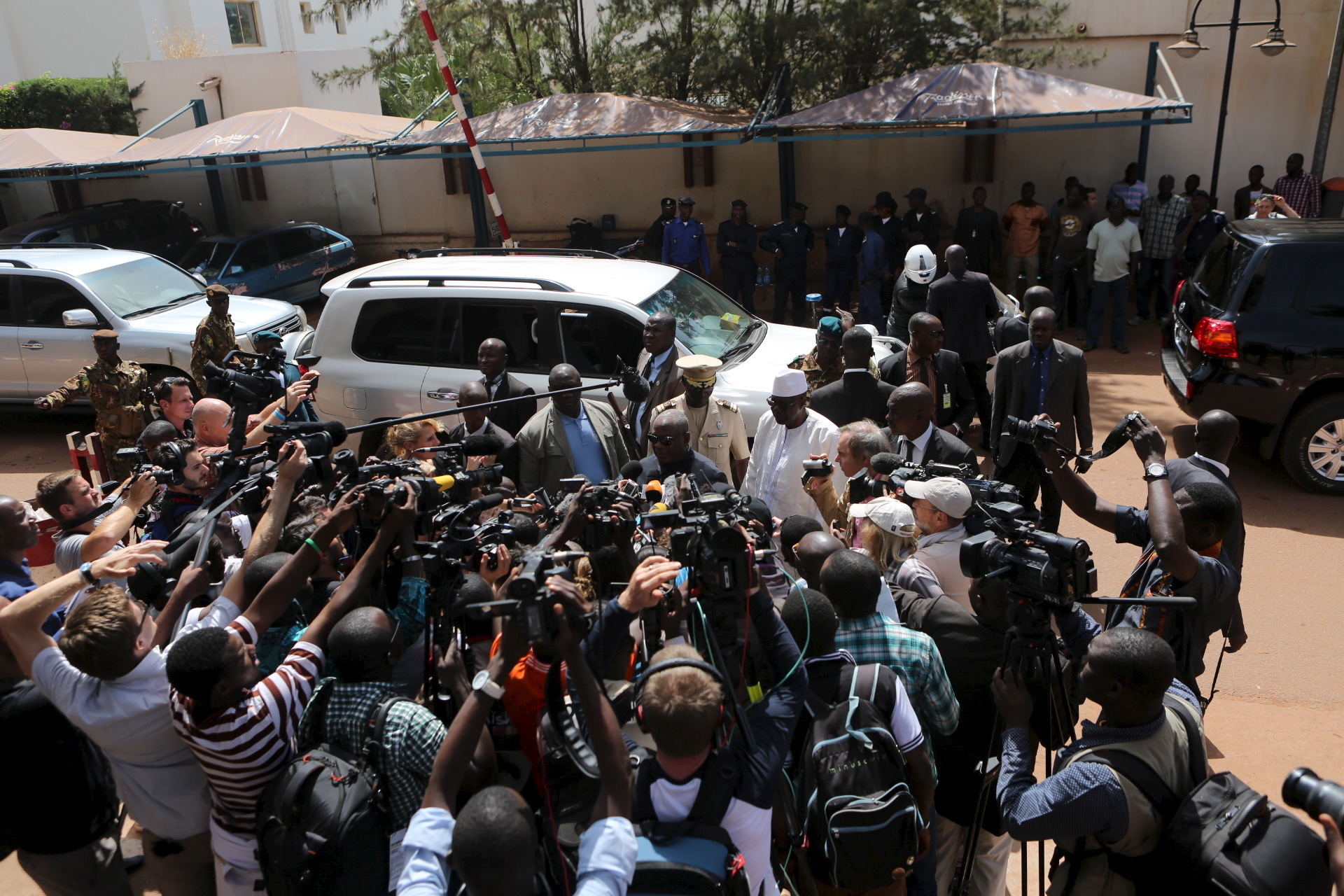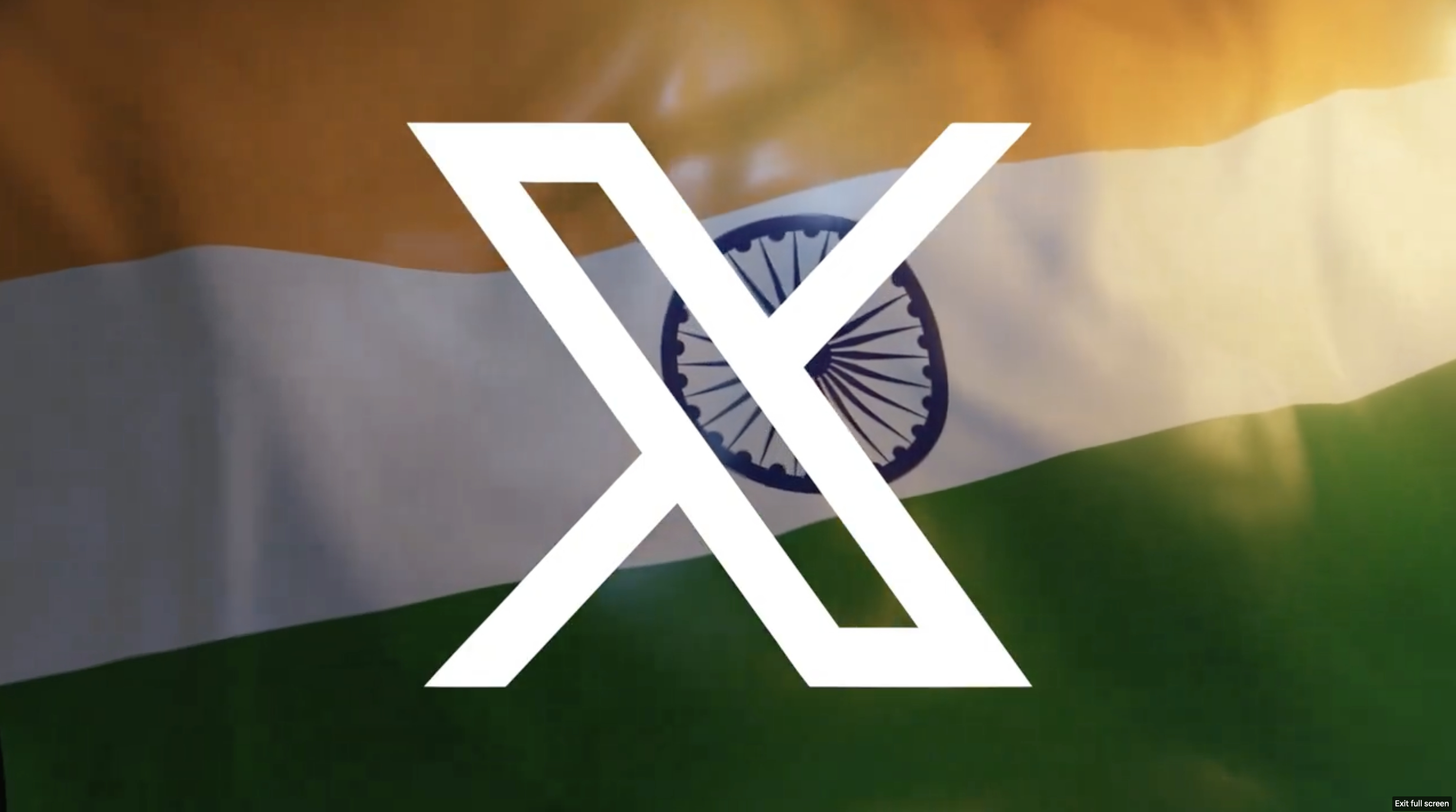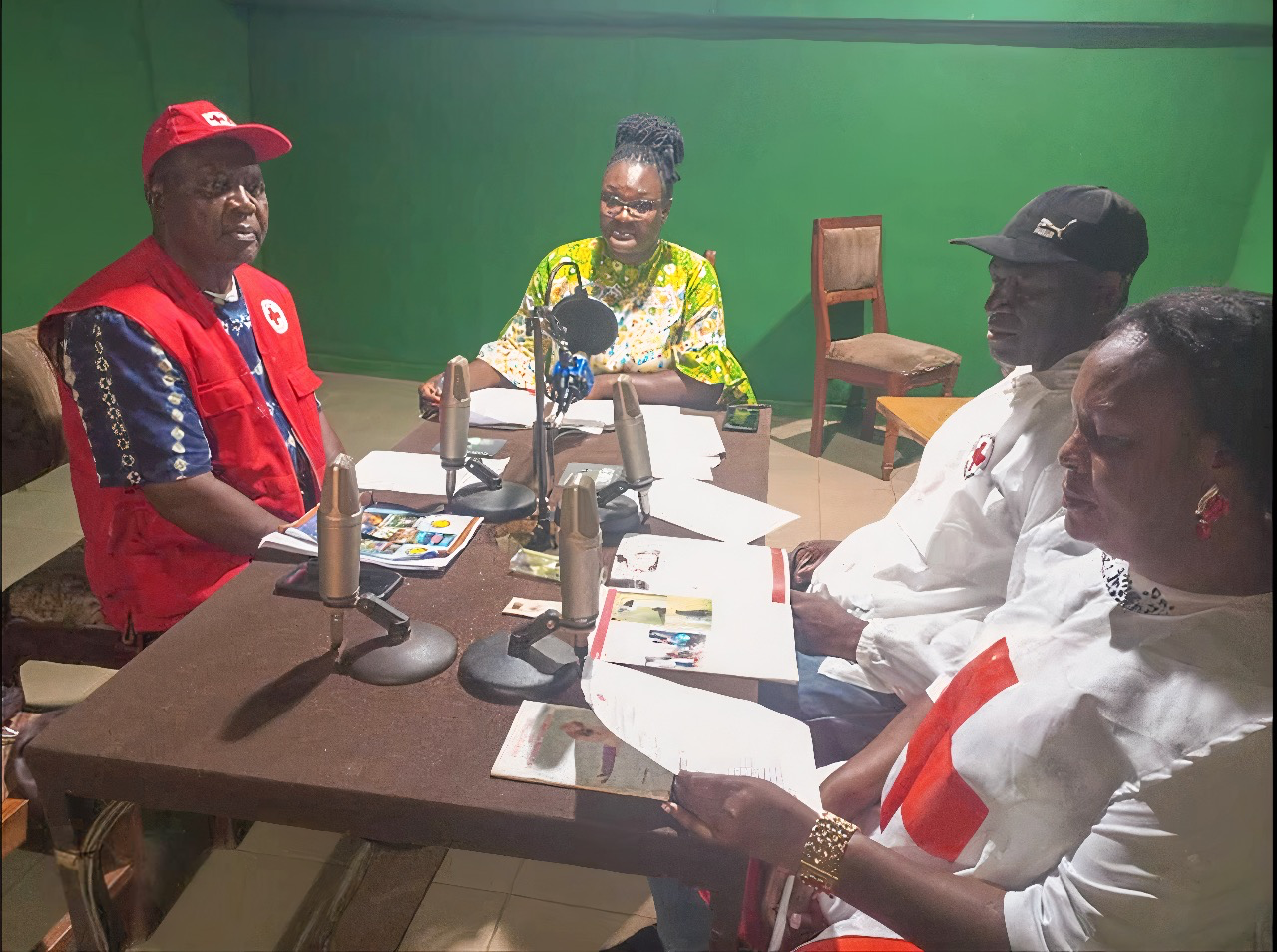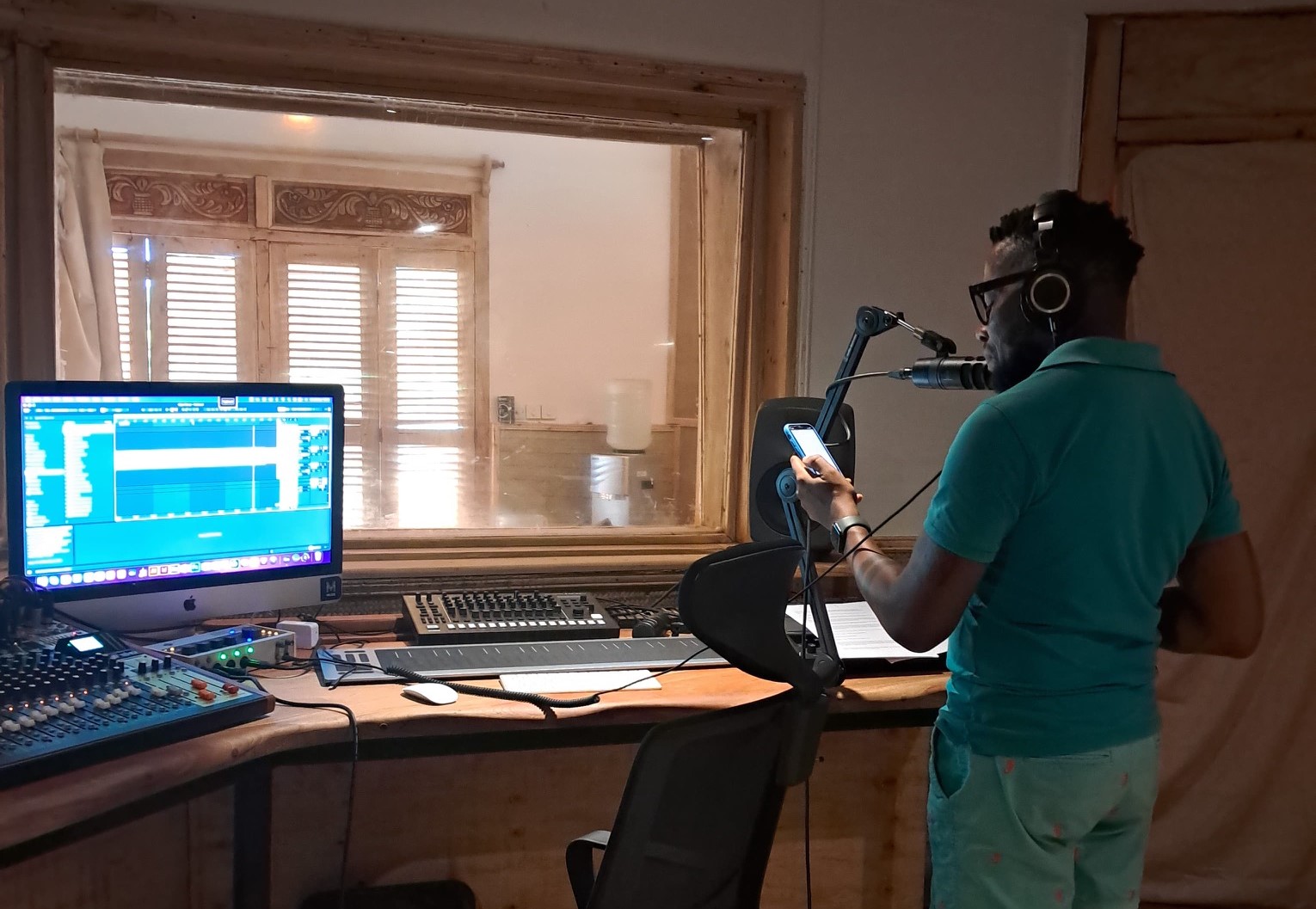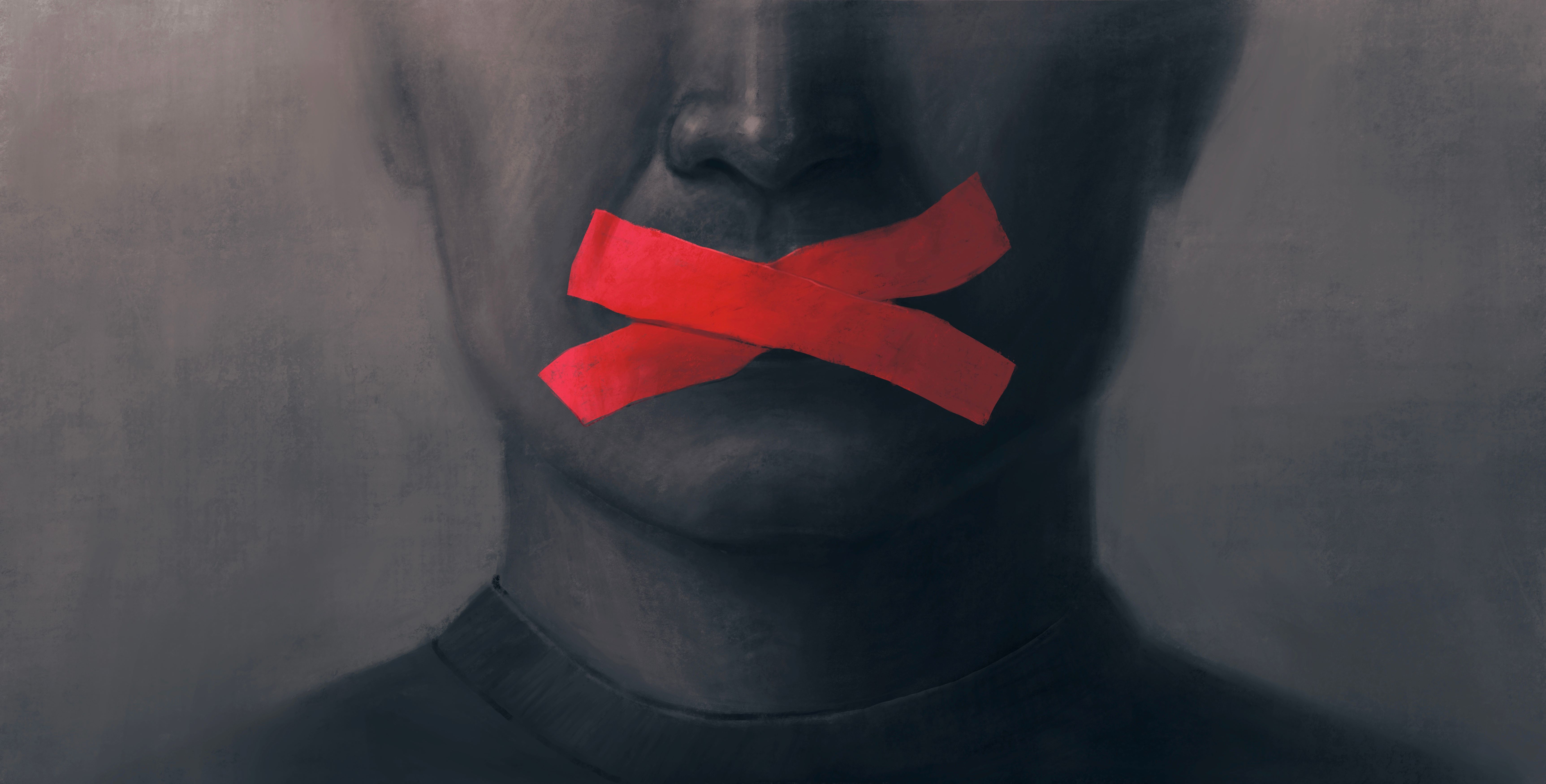لم يعد مشهد الأوروبي الذي يقرأ كتابا أو صحيفة في محطة أو قطار، مألوفا كما كان عليه سابقا وقبل انتشار الهواتف الذكية. فرغم أن الكثير من الصحف ما زالت تصدر ورقيا، إلّا أن القرّاء الذين كانوا يفترشون أوراقها على الهواء مثبّتين طرفيها بأيديهم، بات أغلبهم يفضل استخدام تقنية بحجم كف اليد (الهواتف الذكية) توفر عليهم عبء بعثرة أوراق الصحيفة وإعادة طيِّها.
ففي المملكة المتحدة على سبيل المثال، وحسب ما نشر موقع https://www.journalism.co.uk ، فقد خلصت نتائج نظام التقارير الوطني (NRS) إلى أن 75% من قراء الإندبندنت في المملكة المتحدة يقرؤون الصحيفة من هواتفهم المحمولة أو ألواحهم الإلكترونية، حسب بيانات الدائرة الوطنية لمسح جمهور القراء الصادر يوم 24 أغسطس/آب 2016.
وقد جاء هذا المسح كأول تقييم لنسبة مقروئية الصحيفة بعد أن توقفت نهائيا عن إصدار نسختها الورقية منذ منذ مارس/آذار الماضي. حيث كانت النتائج السابقة تشير إلى أن 63.8% من قرّاء الصحيفة هم جمهور رقمي ارتفعت نسبته ارتفاعا ملحوظا في التقرير الأخير الذي سجل زيادة بلغت الـ 10% عن التقرير السابق (قبل إيقاف النسخة الورقية).
نتائج أخرى للتقرير أظهرت أن 21.1 مليون شخص في المملكة المتحدة حاليا يقرؤون الإندبندنت، منهم 15.4 مليون يفعلون ذلك من هواتفهم المحمولة، ليكون أغلبية جمهور قراء الإندبندنت من مستخدمي الهواتف المحمولة. الأمر الذي قاد الصحيفة لمضاعفة حجم الفريق الرقمي في مايو/أيار الماضي. كما أعلنت أنها ستجدد تركيزها على صحافة البيانات.
وكان لا بدَّ لصحيفة عريقة كالإندبندنت أن تعيَ جيدا قواعد اللعبة الإعلامية في العصر الرقمي، وأن تتصرف سريعا حيال ذلك، كما يبدو من كلام كريستيان بروتون، أحد المحرّرين بها.. "إذا أردت الحديث مع الناس من خلال منصة الهاتف المحمول، فعليك إيجاد طرق للحديث عن قصص إخبارية معقدة تصلح للشاشة الصغيرة..".
وبعد الإندبندنت تأتي الغارديان في المرتبة الثانية من حيث نسبة قراءتها من الهاتف المحمول، حيث أن 58% من قرائها الـ 27.6 مليون، يقرؤونها من الهواتف المحمولة، بينما كانت النسبة سابقا تشكل 55.7%.
أما صحيفة التلغراف فقد بلغ جمهورها الرقمي 53.48%، والديلي ميرور 55.3%، والديلي إكسبرس 53.76%.
وبهذا يسجل الجمهور الرقمي ارتفاعا ملحوظا في النسب، بدءا من الإندبندنت بنسبة 100%، فالغارديان بنسبة 96.93 %، ثم التلغراف بنسبة 93.93%.
وكانت صحيفة "ذا صن" البريطانية هي الوحيدة التي أظهرت تراجعا في نسبة الجمهور الرقمي، رغم الجهود الحثيثة التي قامت بها مؤخرا لتحديث استراتيجية الصحيفة رقميا حتى أنها ألغت الاشتراك المدفوع. مع هذا، فقد أظهر التقرير أن نسبة جمهورها الرقمي هو 34.04% فقط.
وتعد صحيفة الديلي ميل أكثر الصحف قراءة في المملكة المتحدة، إذ بلغت نسبة قرائها 30.6 مليون قارئا، منهم 84.48% لا يتصفّحون سواها.
الأرقام في التقرير تقودنا لتساؤل عمّا إذا كان القرار الذي اتخذته الإندبندنت بالاكتفاء بالنسخة الرقمية صائبا؟ وهل ستشجع تلك النتائج الصحف الأخرى على الاحتذاء بالإندبندنت؟
